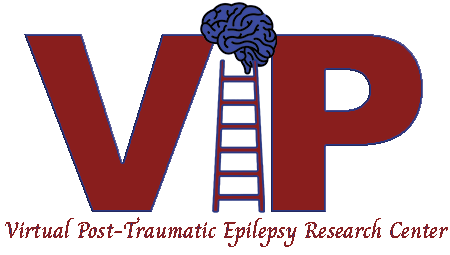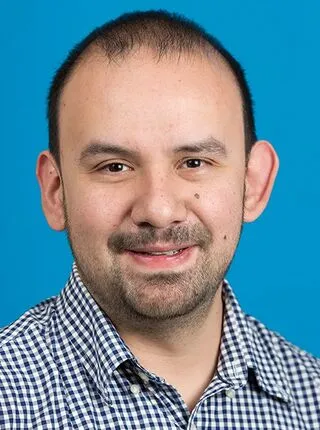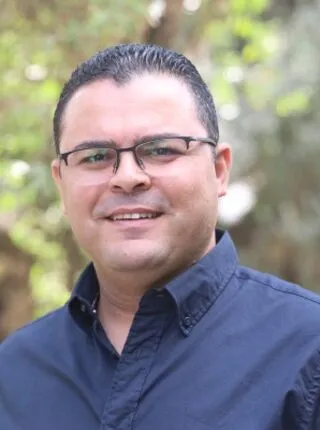Our Members
The ViP-TERC dynamic is fueled by the diversity of member experiences and backgrounds. Our seasoned mentors are as impressed by our junior investigators as our junior investigators are motivated by our mentors. All are inspired by our lived-experience members whose journeys guide our work.
- Co-PIs
- Early Career Investigators
- CDMRP Representatives
- External Advisory Board
- Lived-Experience Members
Co-PIs
-
Ramon Diaz-Arrastia, MD, PhD
University of Pensylvania/Director, PTERC
Ramon Diaz-Arrastia, MD, PhD
University of Pensylvania/Director, PTERC
-
Mary Jo Pugh, PhD, RN
University of Utah/Deputy Director, PTERC
Mary Jo Pugh, PhD, RN
University of Utah/Deputy Director, PTERC
Early Career Investigators
-
-
-
-
-
-
-
W. Brad Hubbard, PhD
University of Kentucky
W. Brad Hubbard, PhD
University of Kentucky
-
-
-
-
Clio Rubinos, MD
University of North Carolina
Clio Rubinos, MD
University of North Carolina
-
-
-
-
-
Nishant Sinha, PhD
University of Pennsylvania
Nishant Sinha, PhD
University of Pennsylvania
-
CDMRP Representatives
-
Melissa Miller, PhD
ERP Program Manager
Melissa Miller, PhD
ERP Program Manager
-

Erin Sanders, PhD
Science Officer
Erin Sanders, PhD
Science Officer
External Advisory Board
-
Jeanne Paz
Gladstone Institutes and University of California San Francisco
Jeanne Paz
Gladstone Institutes and University of California San Francisco
Lived-Experience Members
-
 Read More about
Read More aboutOur Lived-Experience Members bring important insights to ViP-TERC. As community members living with the consequences of TBI and PTE, their perspective and input guides our investigators by keeping the focus on the day-to-day reality of PTE.























